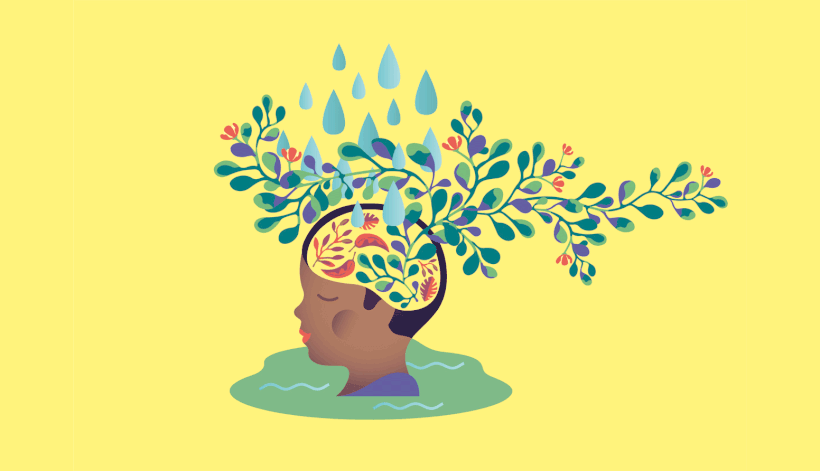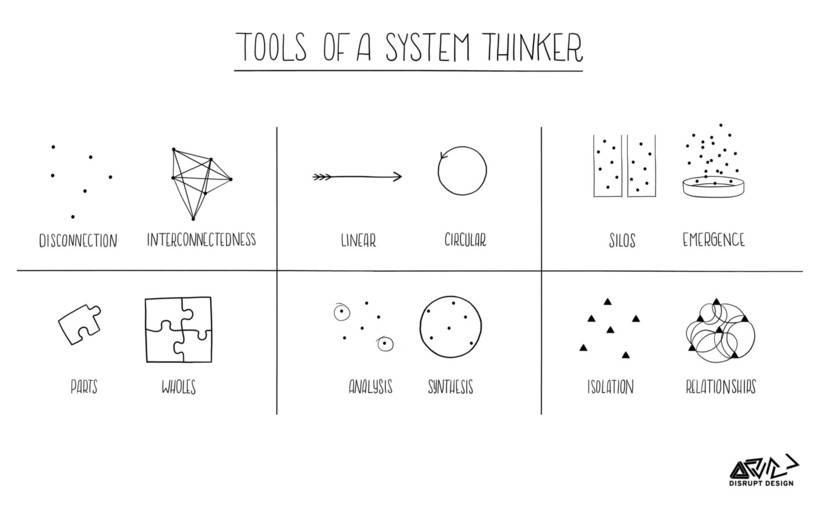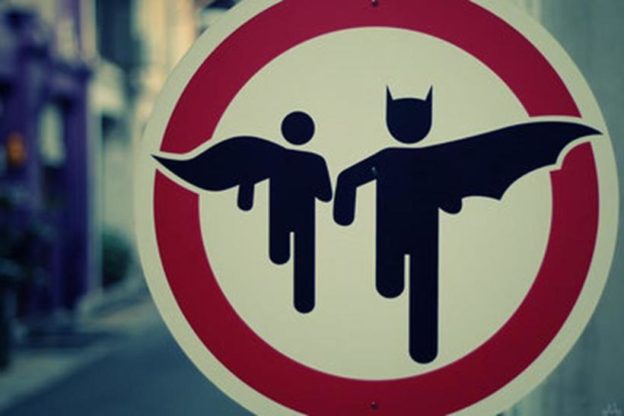We don’t need superheroes.
I have always believed that adopting the right mindset is crucial for successfully carrying through any endeavour. Participating in a global innovation lab like UNLEASH equips individuals with the tools needed to structure appropriate solutions (what I like to call the hard skills). Such programs provide a comprehensive framework for approaching a problem, addressing challenges from problem framing to implementation strategies. I was quite impressed by the energy that UNLEASH was able to galvanise among its participants, the quality of ideas that were discussed during the innovative lab, and the networking opportunities that were fostered for greater collaboration between aspiring change-makers from around the globe. It is personally the best program I have attended so far.
The United Nation’s Sustainable Development Goals (SDGs) are focused on addressing major global challenges. However, there is a potentially problematic issue in the way that these challenges, or indeed the efforts to address them, are marketed – that is, colorfully portrayed to appear widely representative and accessible. However, the problems that are targeted are important and complex human problems that should encourage us to adopt a holistic vision for change rooted in a humble & authentic attitude. This, is what I would term the soft skills – complementary and equally important skills to the more familiar hard skills. Today, social entrepreneurship has become trendy, especially among millennials. Soushiant Zanganehpour is the former social impact strategist for the Skoll Centre for Social Entrepreneurship based out of the University of Oxford’s Said Business School. According to Zanganehpour, “social entrepreneurship is on the verge of hitting a tipping point. There are many factors contributing to this including the rise of Generation Y (millennials). This generation is a new, connected, socially-conscious, energized global cohort who finds this concept very appealing. This is demonstrated by the products they buy, and by the companies they seek to work for.[…]
–73% The percentage of young professionals surveyed that said they wanted a job that allows them to make a direct positive impact on the local community.
–70% The percentage of young professionals surveyed that said they’re seeking to start their own business in the next 5-10 years.
In a world where the lives of millennials are dominated by a social media presence, there is a risk of creating a scheme of social entrepreneurship stars. More focus should be placed on solutions rather than on the solver, otherwise it causes an ethical problem. In the Harvard Business Review article “Not Everyone Should Be a Social Entrepreneur”, Lara Galinsky, VP of Echoing Green, a global non-profit organisation that provides seed funding and technical assistance to emerging social entrepreneurs, admits : “There is something alluring about being a social entrepreneur. Echoing Green’s fellowship, along with other similar programs, shines a bright light on social entrepreneurs, often making them stars.” We may worry that many in the millennial generation have taken to a trendy career option to the detriment of other roles that may not be as “sexy” or command as many magazine covers, but are critical for long-term social impact.
I recently read the article: “You’ll Never Be Famous — And That’s O.K.” from Emily Esfahani Smith, author of “The Power of Meaning: Finding Fulfillment in a World Obsessed With Happiness.” It is the type of message that needs to be heard more often in a world dominated by a culture of self-glorification, one where fame – in and of itself – has become viewed as the epitome of success.
“Most young adults won’t achieve the idealistic goals they’ve set for themselves. They won’t become the next Mark Zuckerberg […] But that doesn’t mean their lives will lack significance and worth. We all have a circle of people whose lives we can touch and improve — and we can find our meaning in that. Having a meaningful life is about: connecting and contributing to something beyond the self, in whatever humble form that may take.” – Emily Esfahani Smith
We need to develop a culture of humility, empathy, learning and promote responsible citizenship

When is the last time you decided to attend a conference to challenge your beliefs or your perceptions on a social issue? How do you impact/ contribute to solve major or minor issues in your city or community? How do you act, or indeed react, when you meet homeless individuals in your neighborhood? How do you personally use social media, and how much weight do you give to your appearance on them? I think these are the questions all aspiring changemakers should ask themselves as they embark on a path laden with diversions.
Regarding learning, I attended lately a conference chaired by Dr. Alaa Murabit, expert at the United Nations. In her speech, she linked the fight against climate change with the reproductive rights of women – two issues that may initially appear separate but are highly correlated. Why ? I won’t give you the answer but I would invite you to learn more about this challenge here.
Regarding leadership, we should indeed “reframe leadership from being something a hero or a person in authority does, to something that is distributed. We should incite to create humble cultures where everyone can play a unique and valuable role in actualising their vision of the future.” Margaret Wheatley and Deborah Frieze’s book titled “Walk Out Walk On“ challenges the beliefs on how change happens and invites us to adopt a conscious mindset. One of the most important things is to let go of the idea that people or the world needs saving. “A healthy and resilient future is not something a hero can create for us. It’s something we can only create together in concert with one another.”
We can find alternative models of leadership in the communities that have come together, and in their communion discovered who they are and what they really care about – creating the conditions for the individuals in their community to self-mobilise and create change. Such examples can be found in communities like Shikshantar in India, for instance, that have replaced the modern culture of money with a gift culture based on reciprocal generosity and a mutual sense of responsibility. At a local level, I wonder what would happen if more communities took up this approach to address the challenges that affects them most strongly, and became the change they seek and need.
Citizens should learn to talk together, organize their ideas, find common grounds and transform ideas into actions with conviction and dignity. Developing empathy is essential as well. “Trying to understand other people’s experiences and perspectives is what we call empathy. There are, of course, the subconscious empathetic reflexes that we all experience without thinking—e.g., you might wince when you see someone get hurt—but to be truly empathetic, you need to actively think about the concerns of others.“ Individuals should also learn how power works and how they can become a part of it so they may become active citizens. Eric Liu explains it very well in his TED Talk: Why ordinary people need to understand power ?
Innovative products are important, Innovative system thinking & process are essential
Too often, we assume that innovative solutions to global issues are found in products or “apps”. We must ask ourselves if the ubiquity of this type of view risks saturating the market with such products or apps – creating an ecosystem of partial solutions that are product-centred in lieu of a broader, more diverse repertoire of approaches with a wider scope for intervention. An UNLEASH fellow and I have recently considered participating in the MIT social entrepreneurship contest called “Innovate for Refugees.” Following discussions with individuals affiliated with supranational organisations, we got the impression that there is an overabundance of technology-driven product solutions – such as apps – that promise change in theory, but are difficult to implement in practice and different contexts. I have become interested in the work of Leyla Acaroglu, founder of Disrupt Design, who has created a systems thinking toolkit to incite us and teach us to think and look at things differently. Her toolkit uses key elements that make up a systems mindset : Inter-connectedness, Synthesis, Emergence, Feedback loops, Causality, and Systems Mapping. Indeed, the innovative solutions that we seek in order to address the increasingly complex challenges of our time will emerge from a systems approach – one that is holistic, adaptive, and directed at changing systems and processes.









